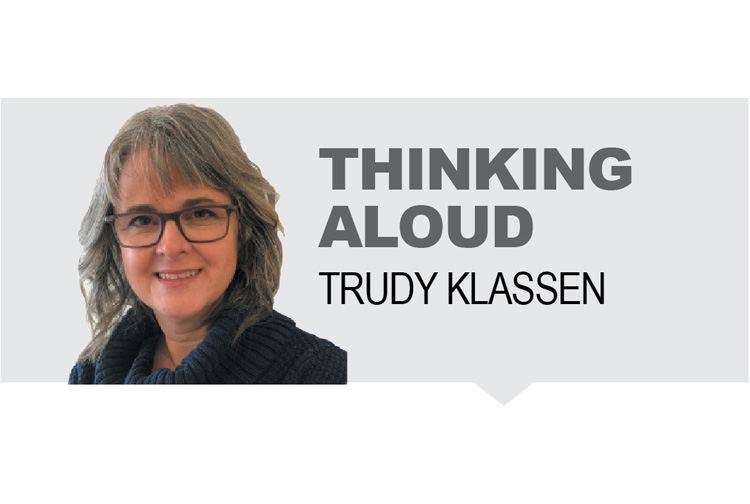In the April 24th edition of The Citizen, there was article about the Saskatchewan firefighters and locals building fireguards. It reminded me of last year when rural residents were roundly criticized for ignoring evacuation orders and we heard so many of them chose to ignore the orders because they knew their livelihoods were at risk and didn't feel their buildings and livestock would be a priority for the trained firefighters. They saw the risk to themselves as manageable and made the decision because they felt they knew the local terrain and roads well enough to stay safe.
Respect for local "lore," experience, and knowledge, would go a long way to improving public trust when disasters strike. When the gap between the general public and the hired expert gets too large, we have poor cooperation and the costs of governance goes up.
We new Canadians are very good at ignoring historical, local anecdotal, knowledge. I don't know when it happened, but at some point, the practice became: "We know better than the people who were here first. We have science. They have only tales."
What folly.
An example of local knowledge was explained in an article two years ago. A BC Interior Indigenous people's tradition had been their "firemaker" went out each spring to set fires. I found that story very intriguing because a friend had just told me that the way to find the best wild berry patches was to go to areas a fire had gone through seven years earlier. It is possible that the forests were managed with fires? Will we ever know? Or will we insist because the stories are not written down, they cannot possibly be verified?
I am hopeful for change. A quick search yielded this quote from an online article on PLOS BLOGs by Jeff Atkins on the Australian "legend" of birds spreading wildfires: "....the use of indigenous ecological knowledge, the idea that the people who are from a place, know that place, and have intrinsically valuable insight, is (thankfully) becoming a more robust practice... Pairing strong empirical methods with the valuation of indigenous knowledge is a powerful tool that will help us better understand our world and has proven invaluable to researchers and policy makers."
People know stuff. You don't need a certificate to know stuff. Parents teach stuff to their kids. In a dream world, professionals would be taught how to glean the valuable knowledge of locals affected by whatever problem needs solving. This would go a long way to improving governance and compliance.



